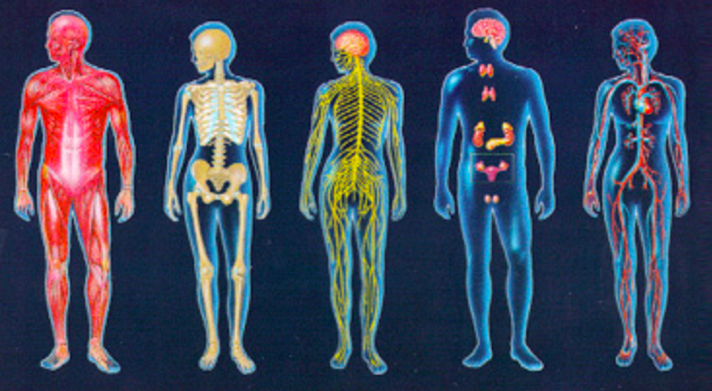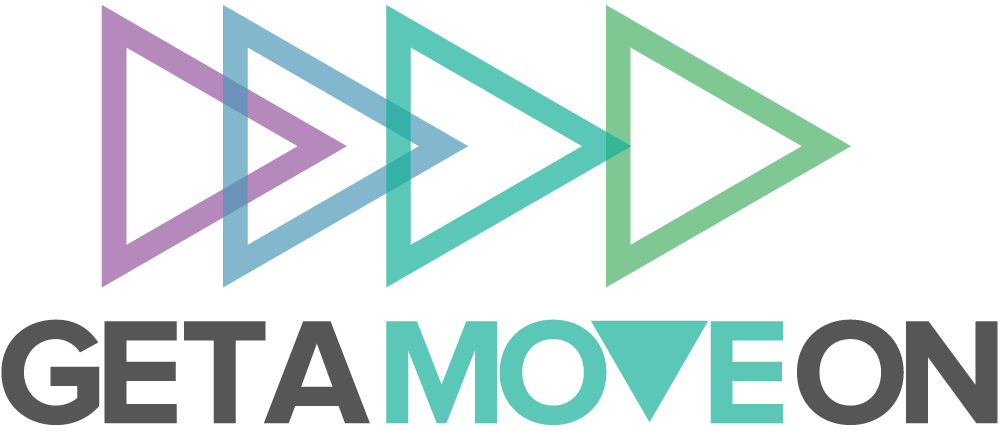CHI 2019: BAaST Workshop on Inbodied Interaction

We are sponsoring a workshop at CHI 2019 on Sunday 5th May to explore the Body As a Starting Point for interactive technology design, organised by m.c. schraefel, GetAMoveOn Network+ and University of Southampton, UK; Josh Andres, IBM, Australia; Aaron Tabor, UNB, Canada; and Erik Hekler, Health Design Lab, UCSD, USA.
A growing area in HCI is the creation of tools to support health and performance. As the field moves in this domain, there is a meta-structural problem emerging: health is a holistic concept that requires an understanding of the many systems involved and their dynamic interactions, but the HCI community, at present, is producing technological artefacts that are largely fragmenting health and lack grounding in basic understanding of human physiology, neurology, etc. This fragmentation is compromising the field’s ability to advance in this important domain.
So how might we advance a new form of design that enables the emergence of more holistic tools and perspectives for advancing proactive and preventative health?
If we approach designs that will touch bodies from an understanding of how those bodies operate (from macro processes like sleep to micro processes like hormonal signalling of melatonin) how might this knowledge inform/change our designs for health, wellbeing, and performance?
In this workshop we will build on our work from last year’s Body as a Starting Point workshop and explore:
- How might we better account for inbodied systems (within the body) when building tools that target em-bodied actions (individual actions and behaviours)?
- How can we, for instance, better understand that which is functioning circum-bodied (contextual factors, outside the body)?
- Are there mappings between IOT, wearables, and particular aspects of this?
- How do we build in such a way that technology artefacts can continually be advanced towards a more holistic perspective rather than foster further fragmentation and confusion?
You can find full details on the workshop website.
Call for papers
We invite three types of position paper:
- Open discussions on any aspect of Inbodied-centred design
- Imaginative design responses to the design challenges we have identified (these are set out on the workshop website)
- Roll Your Own in5 Design to explore one or two MEECS (move, eat, engage, cogitate, sleep) exploring a process vs problem approach, for instance, an n-of-1 approach to build a practice over time.
You’ll find further details of the Call for Papers on the workshop website.
The deadline for submission of Position Papers is 21st February 2019 and details of how to submit are on the workshop website.







